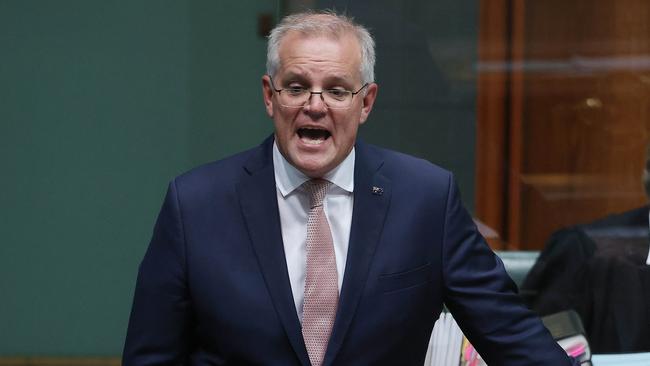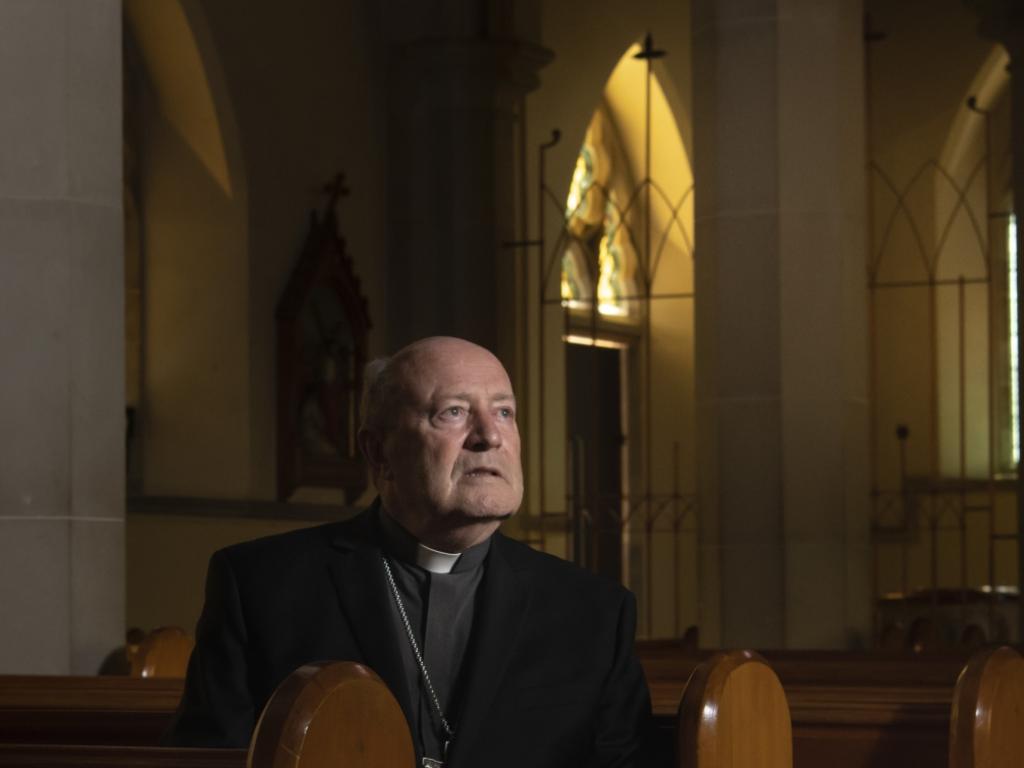
After all, as early as 1796 the great British legal theorist had warned that the proliferation of “rights talk” – in which ever more rights were invented and set, like attack dogs, at each other’s throats – would eventually prove fatal to civil peace.
Rather than promoting reasoned deliberation, it could only bring it to an end: “Assert a right, say a man has a right to such a thing in such a case”, he wrote, and “all proof is needless: the business is settled without the pains of thinking”.
By “laying down as a fundamental and inviolable principle whatever is in dispute”, the resort to claims of right avoided the difficult task of carefully identifying and considering competing interests and values.
And while it takes “genius to discover, strength of mind to weigh, and patience to investigate” the factors genuinely involved in a disagreement about public policy, asserting, “with a vehemence inversely proportional to its meaningfulness”, that rights are at stake “requires nothing but a hard front, a hard heart and an unblushing countenance”.
The effects were readily foreseen: by fuelling “the angry, the selfish and the dissocial passions”, the spiral of claim and counterclaim would produce a stalemate in which “argument can go no further on either side: or neither yields, or passion triumphs alone, the stronger sweeping the weaker away”. With the contending parties being left even further apart than they were when the process began, politics would become an exasperating exercise in futility – as it so plainly was last week.
The pity, of course, is that instead of being sensibly discussed, the tough issues the legislation raised were hidden in the dust and debris.
It is, for example, hardly unreasonable to ask why exemptions from generally applicable laws – such as those against discrimination – should be granted on the grounds of religion. A law, it could be argued, does or does not fairly protect the interests of everyone in the community. If it doesn’t, let it be amended or repealed for everyone; if it does, to grant an exemption would be to reduce the protection it was enacted to provide.
While that logic can have merit, it is also clear that some interests may be disproportionately burdened by a law’s demands. And if a class of interests that would suffer a particularly serious setback can be identified, exempting them may both reduce the law’s social cost and increase its legitimacy.
That principle, which underpins the carve-outs that pepper our statute books, should be self-evident; more controversial is whether it can justify the exemptions that were at the heart of the religious freedom bill.
There are no easy answers to that question, and properly examining its details would take far more space than is available. But it seems fair to suggest that a free society should allow individuals to pursue, as best they can, an ideal of congruence between their most fundamental ethical commitments and their actions, so long as they do not inflict undue harm on others; and it is also fair to suggest that few ethical commitments are more fundamental than those associated with religion.
It is, to that extent, likely that laws of general applicability that prevent people of faith from living in accordance with their sincerely held beliefs, and manifesting those beliefs individually and collectively, can impose on them a disproportionate burden; if granting an exemption eases those burdens without compromising especially important and inflexible public interests, it is difficult to see why the exemption would be refused.
None of that depends on the ultimate truth of the convictions that the exemptions would protect. As John Rawls, undoubtedly the leading American political philosopher of the 20th century, put it, the case for religious exemptions rests on a respect not for beliefs but for persons: that is, on our duty to take seriously every person’s desire to live a life of integrity, and to thwart that desire only when a high hurdle of proof has been met.
What that duty requires, in other words, is respect for pluralism – and a recognition that the values we hold and the aspirations we set are shaped by our historical and cultural inheritance. We are not astronauts stumbling upon a distant planet where society can be designed afresh. Rather, we find ourselves in a country already moralised by custom, precedent and practice, particularly that of the Abrahamic faiths, and any law that ignores that fact can do so only at severe cost to individual consciences and the social fabric.
There was, however, little recognition in parliament of those elementary realities and of the obligations they impose on legislators. Instead of thoughtfully balancing the damage that might be done by the exemptions with the harm caused by existing laws, the bill’s opponents simply agitated “rights” they claimed it would breach, as if the breaches were so inherently odious as to make any careful weighing up otiose. As for the freedom of association – the ability to associate with whom we choose, when we choose and as we choose – the mere suggestion that it might entail, as it usually must, the scope to be discriminating in selecting our associates was cast as so patently abhorrent as to deserve no weight in the balance.
Entirely overlooked in parliament’s rush to save tolerance by destroying it was the obvious point that a society that requires every organisation to be equally diverse is a society that has abolished diversity. And set aside, too, was the fact while the parents of transgender students have plenty of schools to choose from, religious parents – and especially those who seek single-sex schools that abide by their faith’s moral code – don’t.
Unfortunately, the government didn’t perform well, either: rather than clearly articulating the case against its opponents’ amendments and explaining – not only to parliament but also to the public – the principles on which its legislation rested, it proved unprepared for an utterly predictable attack.
The main victim, fatally crushed under the rubble, was the likelihood of securing a religious freedom bill worth having. Some will celebrate that outcome, others will lament it; but no one should welcome the “angry, selfish and dissocial passions” the stoush brought to the surface.
In effect, regardless of its laws, a free society cannot survive if it is not buttressed by a reasonable degree of mutual understanding and the mutual accommodation it encourages. With those civic virtues rapidly fading, the din of rights clashing is just the echo of a bit more freedom draining away.








Had Jeremy Bentham observed the shenanigans in federal parliament when the religious freedom legislation was scuttled by amendments that purported to protect the “right” of transgender children to attend religious schools, he would have cracked a wry smile.